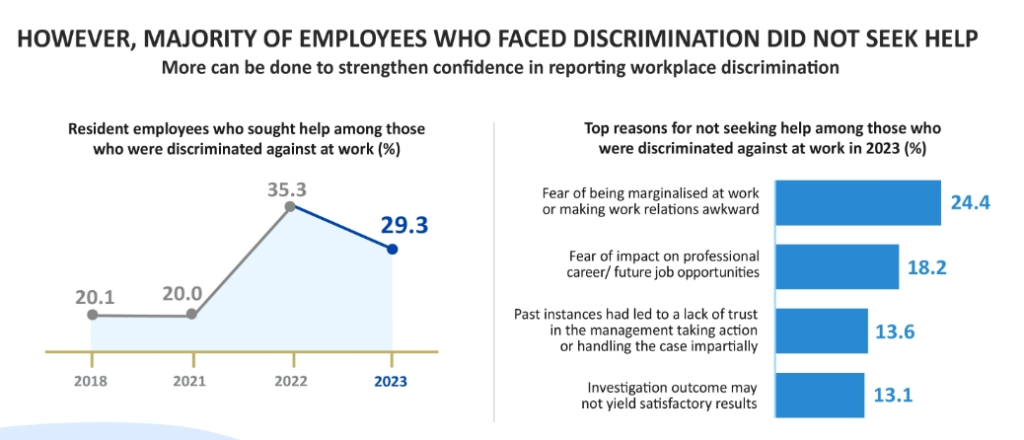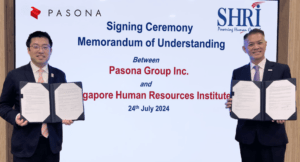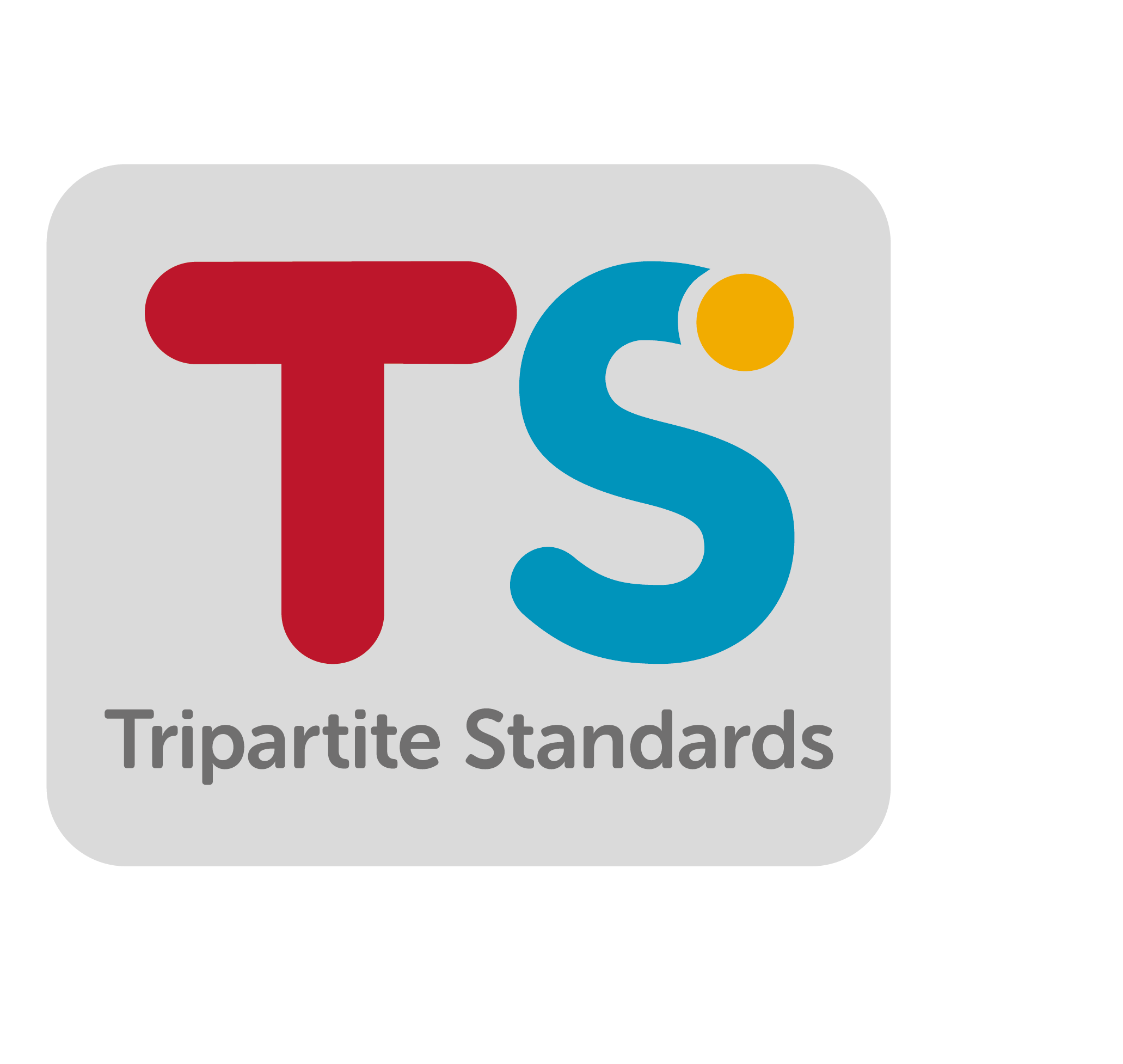Key Insights into Q2 2024 Labour Market Report and Fair Employment Practices Report
In this month’s newsletter, we’ll cover key insights from the Q2 2024 labour market report and the Ministry of Manpower’s 2023 Fair Employment Practices report.
We’ll also provide updates on the upcoming 2025 mental health guidelines for employers, as well as the return-to-office trend in Singapore. Notably, 88% of Singapore employers acknowledge the risk of talent loss from inadequate work-life boundaries, though 78% remain reluctant to stop after-hours contact due to concerns over productivity.
Recruitment Agency Singapore
Labour Market Report Q2 2024
Labour Market Second Quarter 2024 was released by the Singapore Ministry of Manpower (MOM) on September 17. According to this report, the labor market expanded at a faster pace in 2Q2024 than in the previous quarter due to continued economic expansion.
hiring agency singapore
Total Employment

Total employment increased by 11,300 in 2Q2024, more than double the increase in 1Q2024. However, nonresident employment (12,000) accounted for the entire increase, while resident employment declined slightly by 600.
Resident employment increased in high-wage sectors such as financial and insurance services, information and communication, and professional services, while retail trade and administrative and support services experienced seasonal declines.
Nonresident employment increased primarily in the construction and manufacturing sectors. This was primarily due to an increase in nonresident workers on Work Permits.
hiring agency singapore
Long Term Outlook

Moving forward, the Ministry of Manpower (MOM) anticipates that labor market growth will remain steady, with wages and employment continuing to rise alongside economic expansion. However, in the longer term, resident employment growth is expected to slow due to Singapore’s already high employment rate and the gradual decrease in the growth of the resident labor force.
To sustain labor force growth and create quality jobs for Singaporeans, it is essential to remain open to global talent and attract foreign investments. Foreign-owned companies currently make up about 20% of all firms in Singapore and employ roughly one-third of the resident workforce. These firms are also a significant source of high-income jobs, with six out of 10 residents earning over S$12,500 per month working in foreign-owned companies. Additionally, foreign-owned firms contribute to the success of local small and medium-sized enterprises (SMEs), which employ the majority of resident workers.
In June 2024, the unemployment rates showed a decline compared to the previous month, with the overall rate at 2.0%, the resident rate at 2.7%, and the citizen rate at 2.8%. Meanwhile, the long-term unemployment rate for residents remained steady at 0.8%.
hiring agency singapore
Retrenchment

In 2Q 2024, there were 3,270 layoffs, a slight increase from the 3,030 recorded in the first quarter. Despite this rise, the layoff rate remained low overall, at just 1.4 per 1,000 employees.

Additionally, the reemployment rate for residents six months after being laid off dropped from 59.4% in the first quarter of 2024 to 55.0% in the second quarter.
Full Report: Labour Market Report Second Quarter 2024 (mom.gov.sg)
Recruitment Agency Singapore
Highlights from Fair Employment Practices 2023
The Ministry of Manpower has published the Fair Employment Practices 2023 report in September 2024. Below is a summary of the key highlights from the report.
Discrimination Among Employees
Workplace discrimination has steadily declined over the years.
In 2023, 6.0% of employees reported facing discrimination, down from 8.2% in 2022, 8.5% in 2021, and 24.1% in 2018. Similarly, 23.4% of job seekers faced discrimination in 2023, a decrease from previous years.
These improvements highlight the efforts of the Ministry of Manpower and partners in promoting fair employment practices.

The proportion of employees working in companies with formal procedures to address discrimination rose from 49.6% in 2018 to 63.2% in 2023. These procedures have proven effective, particularly in reducing age discrimination, which is the most common form.

However, fewer employees sought help after experiencing discrimination in 2023 (29.3%) compared to 2022 (35.3%), mainly due to fears of workplace retaliation.

The upcoming Workplace Fairness Legislation (WFL) aims to protect workers from retaliation and ensure proper grievance processes, encouraging more employees to report discrimination without fear.
Resource: Guide to Workplace Fairness for Employers
hiring agency singapore
Discrimination Among Jobseekers
In 2023, 23.4% of job seekers experienced discrimination during their job search, a slight decrease from 23.8% in 2022 and significantly lower than 42.7% in 2018. The drop reflects ongoing efforts to promote fair employment practices.

Age discrimination remained the most common form (18.1%), followed by race (5.1%) and nationality (4.8%). While most forms of discrimination declined, age and nationality discrimination rose for the first time after years of decline.

The most frequent source of discrimination came from job advertisements specifying demographic preferences (45.7%), followed by employers asking for irrelevant personal information (28.3%) and being passed over due to demographic characteristics (28.3%).
To encourage fair hiring, practices like reviewing job application forms for relevance and clearly communicating why specific information is required are recommended.
Resource: Tripartite Guidelines on Fair Employment Practices
Full Report: Fair-Employment-Practices-Report-2023.pdf (mom.gov.sg)
Recruitment Agency Singapore
Mental Health Guidelines for Employers Coming in 2025
By the first quarter of 2025, new mental health guidelines for employers will be launched by the Workplace Safety and Health (WSH) Council to support staff with mental health challenges.
Announced by Minister of State for Education and Manpower, Gan Siow Huang, the guidelines will focus on three key areas: Recognise, Refer, and Reintegrate.
Employers will be guided on how to identify early signs of mental health issues, refer employees to professional assistance, and reintegrate them into the workplace sensitively. The guidelines, currently open for public consultation until October 31, also address tricky topics like performance appraisals and how to handle underperforming employees with mental health conditions without discrimination.
These guidelines aim to create more empathetic and supportive workplaces, ensuring that employees recovering from mental health challenges can work productively and healthily.
Source: Mental health guidelines for employers to be launched in 2025, now open for public consultation (straitstimes.com)
Recruitment Agency Singapore
88% of Singapore Employers Acknowledge Talent Loss Due to Work-Life Boundary Issues
A recent survey by Indeed reveals that 88% of employers in Singapore recognize the risk of losing talent due to poor work-life boundaries. Despite this, 78% are hesitant to stop after-hours contact, fearing productivity loss.
Regular disruptions to personal time lead to burnout and higher turnover rates, with 46% of employees considering leaving if a “right to disconnect” policy is ignored. Employers must prioritize boundaries to retain talent and ensure employee well-being.
Source: 88% of Singapore employers acknowledge talent loss due to work-life boundary issues Singapore News (theindependent.sg)
Recruitment agency singapore. Hiring agency singapore.
Return-to-Office Trends in Singapore
Two years post-pandemic, Singapore’s return-to-office arrangements are still evolving.
A 2024 KPMG report reveals 83% of global bosses expect a full return to office (RTO) in 3 years, up from 64% in 2023.
Workers in Singapore are slowly returning, averaging 3.7 days per week. Notably, 37% of staff now support a 4-5 day workweek, compared to just 7% in 2022. Mismatch in expectations of current work arrangements between Singapore workers and bosses was the largest among the 13 markets surveyed.
Challenges remain, especially with younger employees and employees with caregiving duties, who demand more flexibility and workplace perks. Employers continue to adjust, with hybrid models gaining traction as flexibility becomes key.
Source: Return-to-office arrangements in S’pore still in flux two years after pandemic (Straitstimes.com)
Recruitment Agency Singapore
Disclaimer: Please use the information provided in this newsletter at your own discretion and risk. We are not responsible for any losses incurred by users in relation to the information provided in this newsletter and we seek your understanding.
















